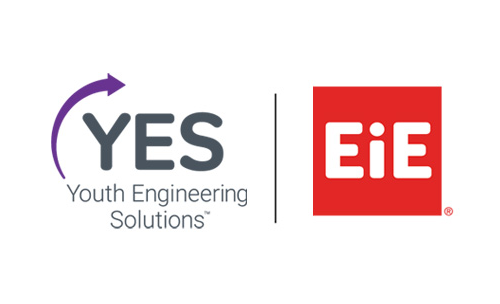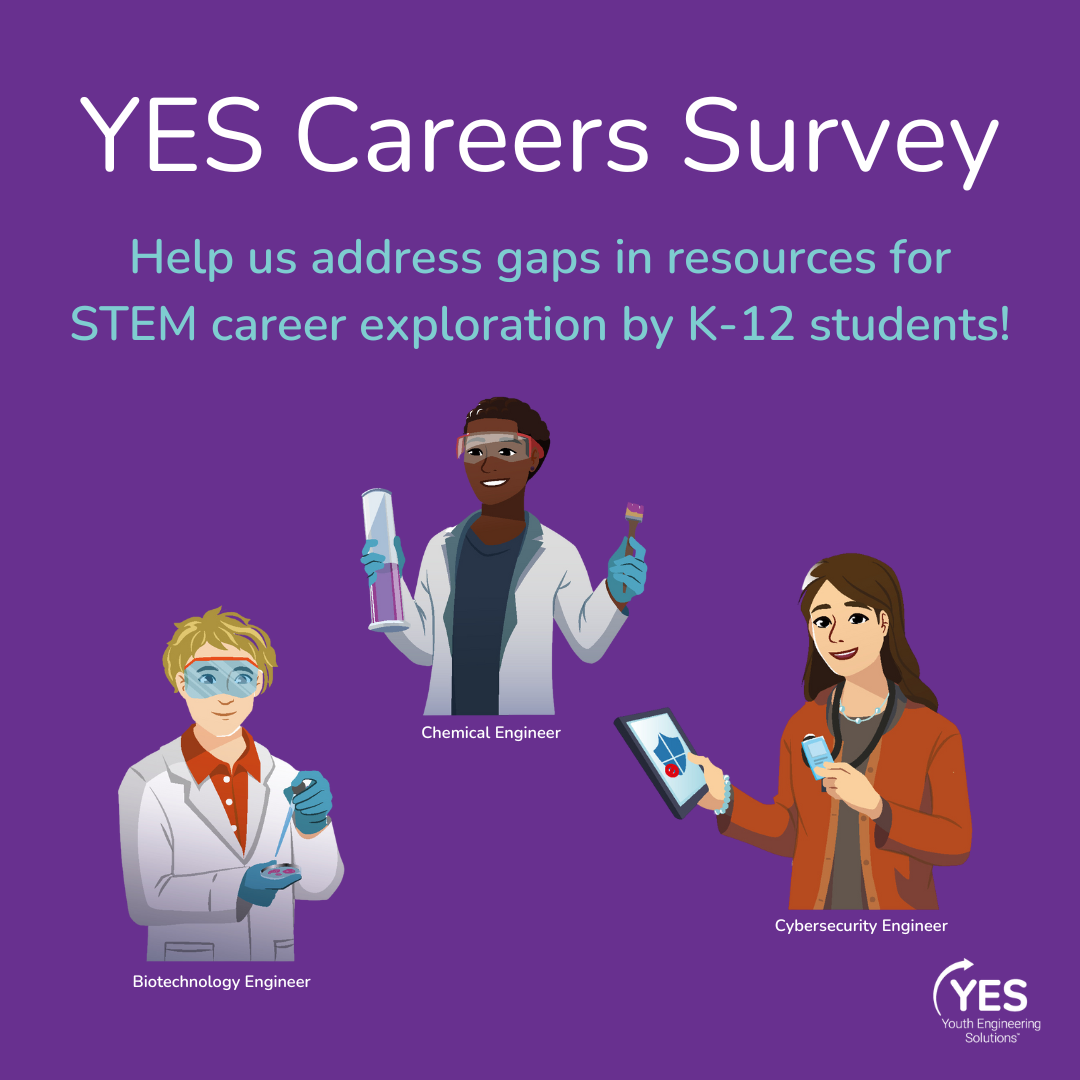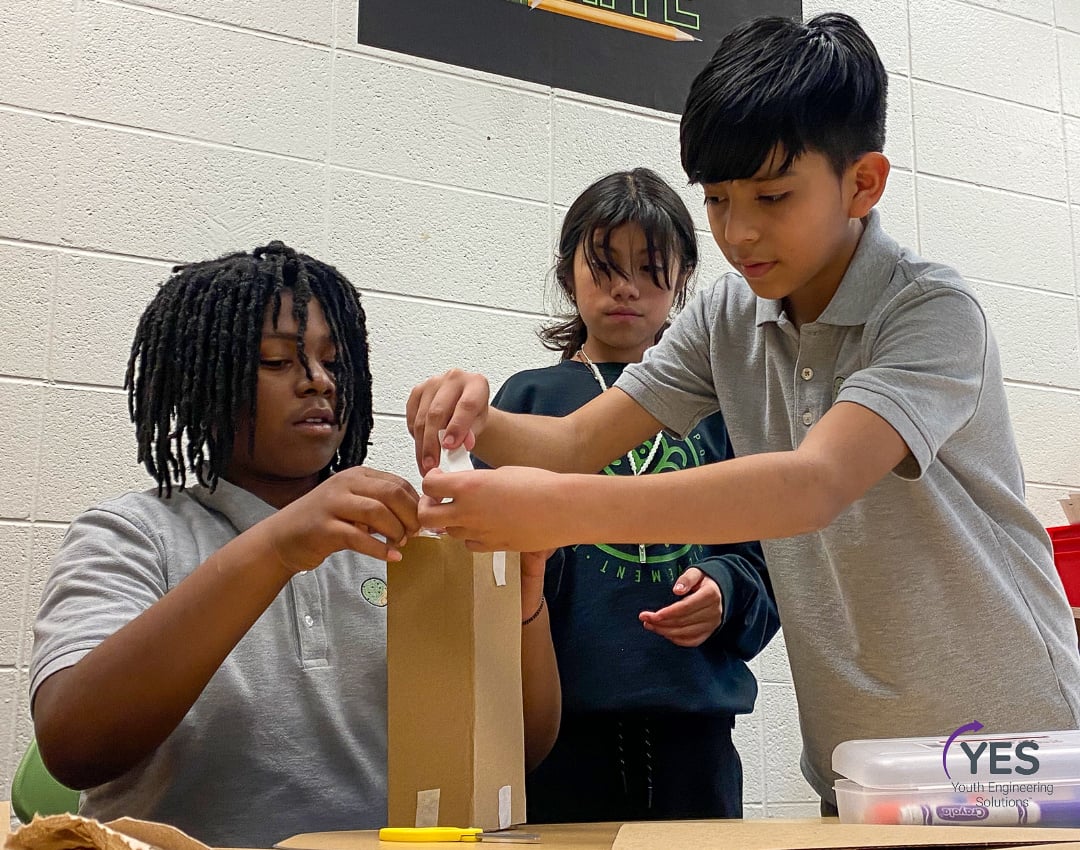As we look to the future, career planning for our middle and high school students can feel uncertain and confusing as the job market demands have started to include technologies that didn’t exist years ago. With American Student Assistance’s tool Futurescape, students can take an interactive quiz to see which career paths may interest them in the future.
The Computer Science Essentials curriculum focuses on preparing students with problem-solving skills that will be useful in any career they may choose, rather than specific programming knowledge that will quickly become outdated.
Computing skills help students find success, even if they don’t pursue a traditional “coding” career. While you’re thinking about possible work trajectories, consider these 101 jobs where your students might apply the computer science skills they’re learning in your classes!
Animation, Music and Game Design: modeler, animator, storyboard artist, digital lighter, color designer, background designer, stop motion animator, character development, full-stack developer, application development, design manager, UX manager, mobile application developer, UX designer, testing, quality assurance, game test analyst, programmer, mixer, VR gaming, production coordinator, systems designer, art director
Information and Business Technology: Systems analyst, systems engineer, web developer, product manager, business systems analyst, customer relations manager, software systems engineer, solutions architect, e-commerce architect, enterprise resource planning, technical engineer, portal administrator, network analyst, wireless engineer, software developer, telecommunications manager, network manager, technical support, information technology officer, business intelligence analyst, information technology auditor, network architect, actuary,
Health and Medical Technology: research scientist, clinical research, patient records, research algorithms, genomics, proteomics, consumer health informatics, public health informatics, translational informatics, electronic health records, genealogy, bioinformatics, molecular technologist, medical lab technician, microbiologist, biomedical laboratory technologist
Artificial Intelligence and Robotics: Robotics engineer, controls engineer, mechanical engineer, electro-mechanical engineer, computer programmer, computer research scientist, information research scientist, aerospace engineer, operations technician, robotics account manager, operator, laser technician, machine learning engineer, artificial intelligence programmer, deep learning developer, applied machine learning engineer, machine learning scientist
Data Analysis and Trend-Spotting: database administrator, data warehouse developer, data warehouse analyst, database developer, data modeler, quality assurance analyst, database manager, data architect, statistician, senior software engineer, data scientist, quantitative research scientist
Cyber Security and Digital Privacy: Network security administrator, system security administrator, network security engineer, data security analyst, information security analyst, information security analyst, consultant, cyber security specialist, cloud security engineer, cyber risk manager
As part of our series on Computer Science and Coding, we’d love to hear any questions you have about bringing CS topics to your classroom. If there are ways you’ve succeeded or struggled to engage your learners in career planning or CS prep, let us know in the comments below!








